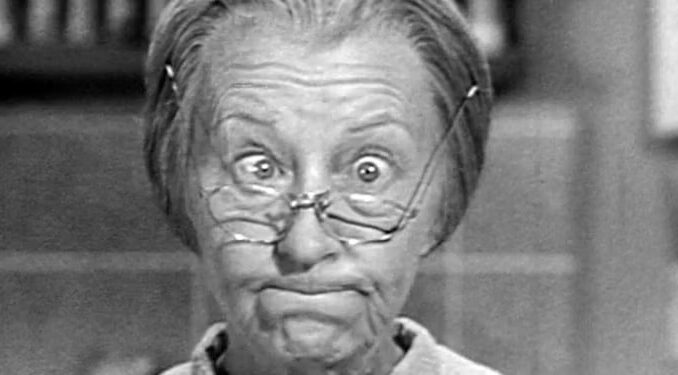
Reviews of ”The Beverly Hillbillies” movie and ”The Beverly Hillbillies Go Hollywood,” a compilation of episodes from the TV series
”Beverly Hillbillies”: From TV to film to video
Jed Clampett would have put it this way, and as always, he would have put it best: The folks behind the movie The Beverly Hillbillies have made a sow’s ear out of a silk — pardon, corn-silk — purse.
In the ’60s hit sitcom The Beverly Hillbillies, an Ozarks clan struck oil and transplanted their simple, earnest ways to L.A.’s toniest district. And of the many episodes on video, none illustrates the corn-silk-purse comparison better than The Beverly Hillbillies Go Hollywood, a collection of four consecutive half hours, minus their opening and closing credits.
What’s striking about these episodes is how human and humorous the characters can be when written not as generic rural eccentrics (as in the movie) but as authentic American types. These Hillbillies come right out of our folklore, with such idiomatic characters as the hick (Jethro), the naive-but-sexy farmer’s daughter (Elly May), and the lovably cantankerous, likker-swillin’ old coot (Granny). The difference between the movie’s crudely drawn flakes and the show’s paradigms is the difference between laughing at the Hillbillies and laughing at ourselves.

Actually, as far as the movie goes, you don’t much laugh at anything. The humor of TV’s Jethro (Max Baer Jr.) wasn’t derived so much from stupidity as from innocence — we can all relate to being overenthusiastic and gawky sometimes. But the movie Jethro (a Diedrich Bader game) seems almost retarded. That’s not amusing to watch. Dabney Coleman as the movie’s banker, Mr. Drysdale, and Lily Tomlin as Miss Hathaway at least have fun with their caricatures. The rest of the movie plays like a Saturday-morning cartoon — except for the sexual vulgarity and fart jokes.
But go Hollywood, and see again how naturalistic the TV show really was. When Elly May (Donna Douglas) crams a truck with would-be animal stars for patriarch Jed (Buddy Ebsen) to bring to the studio he owns, Jed sagely explains he’ll take just Duke, the hound dog, for now, and see how that goes before auditioning the others. No matter how unrealistic the characters’ expectations, their actions weren’t unrealistic.
Indeed, the movie (which stars an overly reverential Jim Varney as Jed) makes Go Hollywood (which is 97 minutes, not the 104 listed on the box) seem almost sophisticated. The series relies far more on verbal humor than on the movie’s graceless slapstick, and some bits in Go Hollywood — a silent-movie parody, the exchange with Drysdale over why Jed should want more millions — are priceless.
Maybe some of the film’s gags worked in the theater, but seen on a TV screen they are, as Jed would say, as unappetizing as possum pancakes.
